LIFESTYLE
Making it easier to adopt energy-saving solutions will help reduce emissions.
LATEST
A change in lifestyles is needed
In Sitra’s opinion, the challenges and risks associated with climate change also represent an opportunity for re-thinking and changing many things in the ways communities and individuals work. The goal is that by the time the Energy Programme ends, energy consumption among consumers has started to decline and that our actions will have helped accelerate the introduction of several energy conservation measures.
Energy conservation is not only about technology – people’s behaviour plays a particularly important role. Our lifestyle determines how much energy and natural resources we consume. But there is no “one size fits all” solution for changing people’s behaviour even in small ways. Making changes happen requires an all-round understanding of obstacles and incentives.
More and more information on energy conservation and climate mitigation is being generated all the time. But simply offering information is not enough. People need assistance in finding the relevant information in an easily understandable form. New regulations, new technologies and commercial marketing make people’s heads spin. It is hard for an individual to understand which choices matter and which do not. The need for information is great. Advisory services must be based on clear and reliable information, and personal guidance is also needed.
The opportunities for all of us to contribute to the climate effort, both at work and at home, must be improved. Different professional groups can be helped to understand where they can make a difference. Sustainable lifestyles can be made more appealing by creating convenient ways to adopt practical low-energy solutions. Outstanding low-energy technological solutions are already available for a number of purposes. If such technology is based on a consumer-oriented design, it will nudge consumers in an energy-saving direction.
Get involved in local climate work
In Tampere, the Ilmankos project has successfully supported grass-roots efforts in climate work. Funding provided by the climate fund has helped a local cyclists’ organization purchase a cargo bike which it rents out to people, and made it possible for an organic food co-op to be established. The Ilmankos project has also drafted recommendations for local governments on promoting climate democracy, as well as for organizations involved in climate campaigns.
Launched in tandem with the grass root-level project Ilmankos, the initiative ECO2 – Eco-efficient Tampere 2020 seeks to promote the achievement of the City of Tampere’s climate and energy targets. The initiative supports projects which promote a low-carbon or carbon-neutral urban structure. ECO2 has succeeded in bringing together all of the City’s units and public enterprises to brainstorm ideas on how the targeted emission reductions can be achieved.
The Peloton project and its fundamental idea of training and empowering energy gatekeepers has been a success, as have the direct results of Peloton, including Fazer Amica’s climate lunches, Rautakesko’s new practices promoting energy efficiency (an internal project by Rautakesko, a special edition of the Little Big Book on Energy, etc.) and the awakening of other major hardware chains in energy efficiency issues.
Sharing information
The Little Big Book on Energy (only available in Finnish) is the first book on energy-efficient housing published in Finland. It is an illustrated handbook providing practical tips on how you can save on heat and power at home. Small and easy steps can bring savings of hundreds of euros each year. With the help of the book, anyone can carry out such actions. The book explains the basic issues of major energy-related renovation projects. There are several calculations on how much different approaches can save in terms of money and energy. The unique handbook is based on the latest research.
An energy conservation campaign also reached more than 14,300 people at more than 300 events. Our lifestyle determines how much energy and natural resources we consume – this level may be of paramount importance with regard to the future of humankind.
It is also advisable to collect information from people, not just to distribute it from above. The purpose of the LAICA project is to discover successful ideas, inventions and practices developed on the local level with regard to energy conservation and the use of renewable energy.
Systems to support changes
In the area of consumer energy advice, a national system is now in place. Based on a model developed in workshops held in 2009, the system is coordinated by Motiva (a company operating as an affiliated Government agency). There are dozens of ongoing projects, both on the local and national level, carried out by businesses and organizations. Businesses are also actively supporting advisory services.
In 2010–2011, our Energy Ambassador Pekka Seppälä has been actively promoting the wider adoption of a proactive quality control model in building supervision services. Developed in Oulu in Northern Finland, the efficiency of the model has been proven. By means of proactive quality guidance, local building supervision departments may help people make wise choices even at the construction stage. What is more, such guidance can be carried out without any additional costs – on the contrary, it can bring direct savings. Sitra has contributed to the effort to help four other urban regions (Vaasa, Tampere, Porvoo and Joensuu) to learn from the Oulu project. The goal is to have the model in place throughout the country.
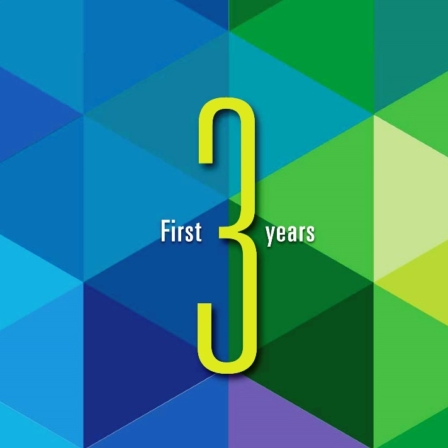
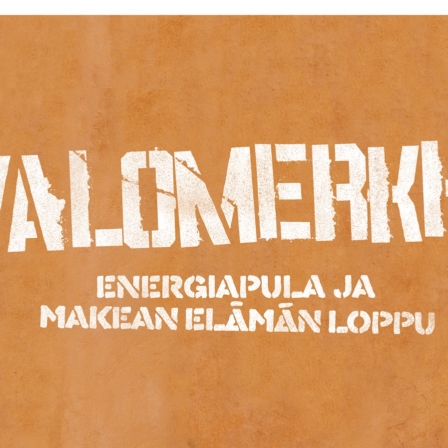
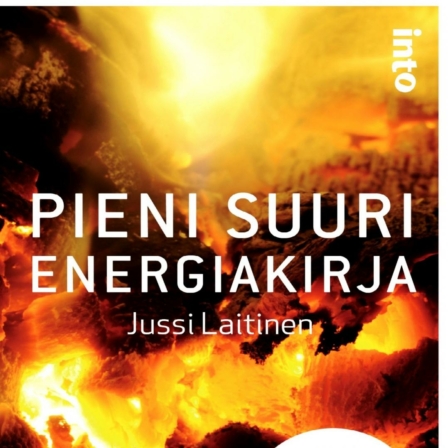
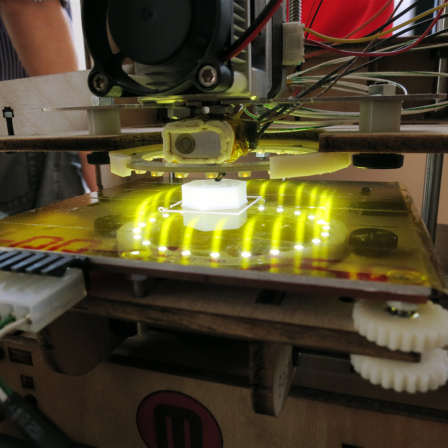
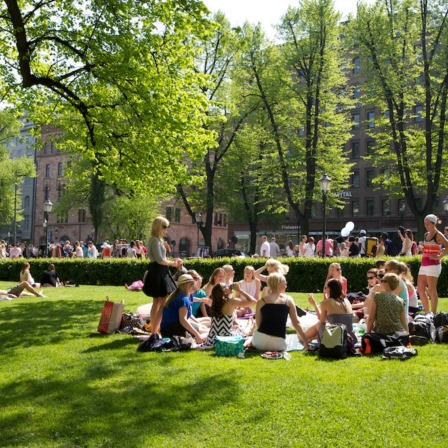

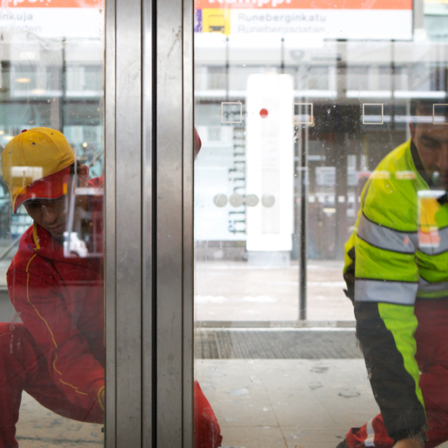


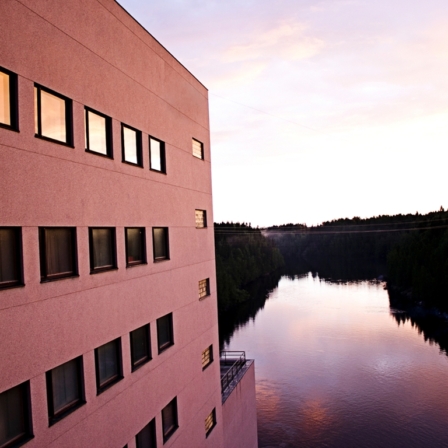
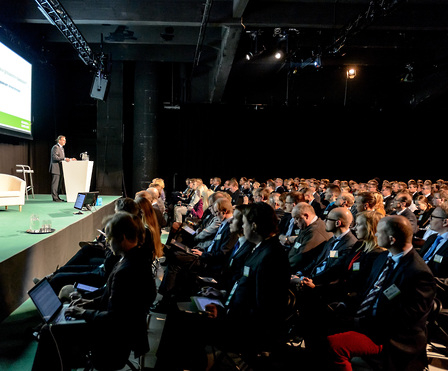







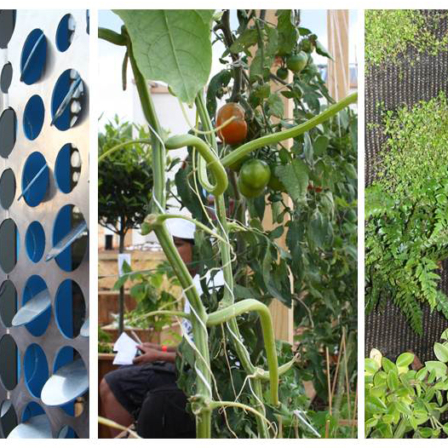
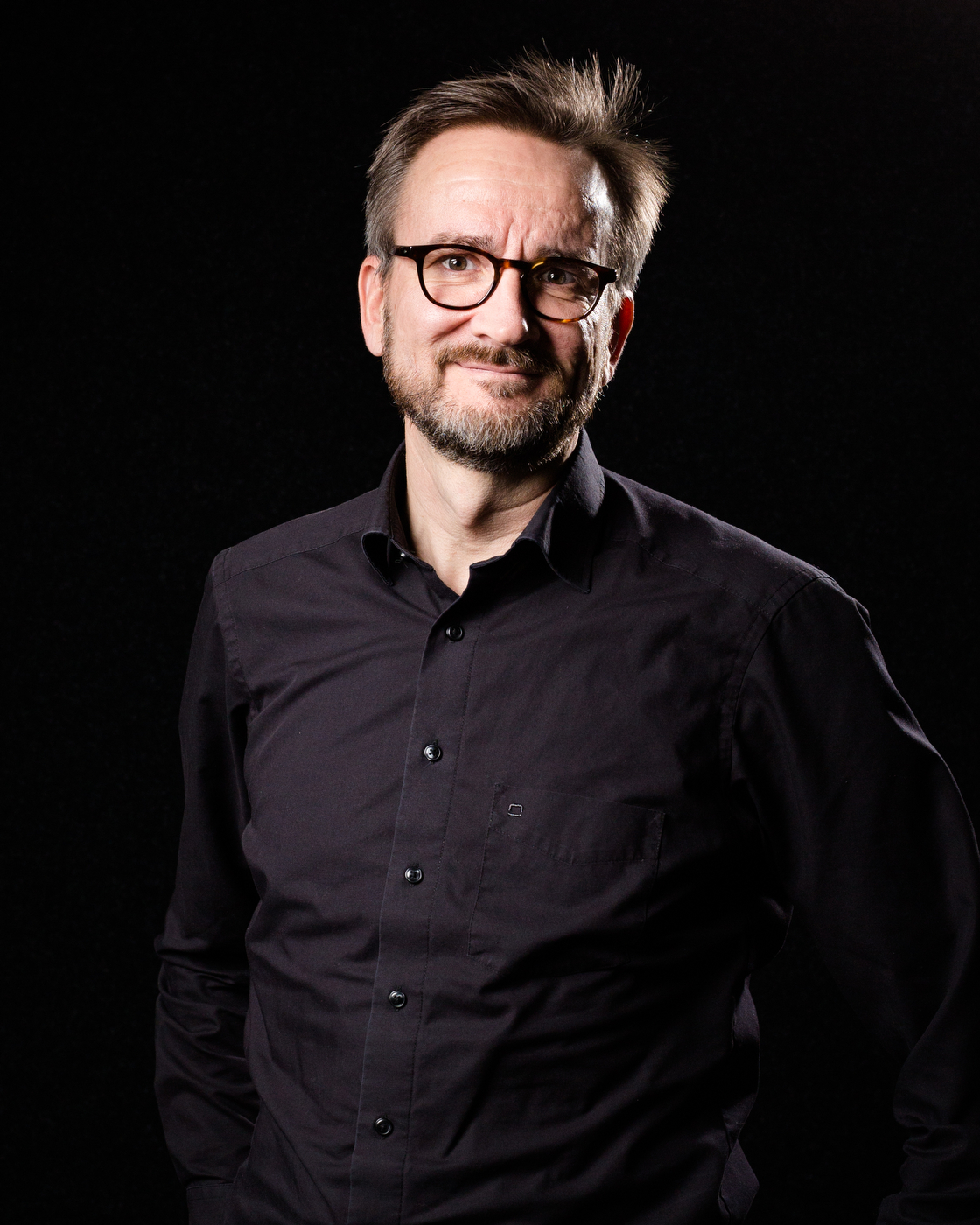
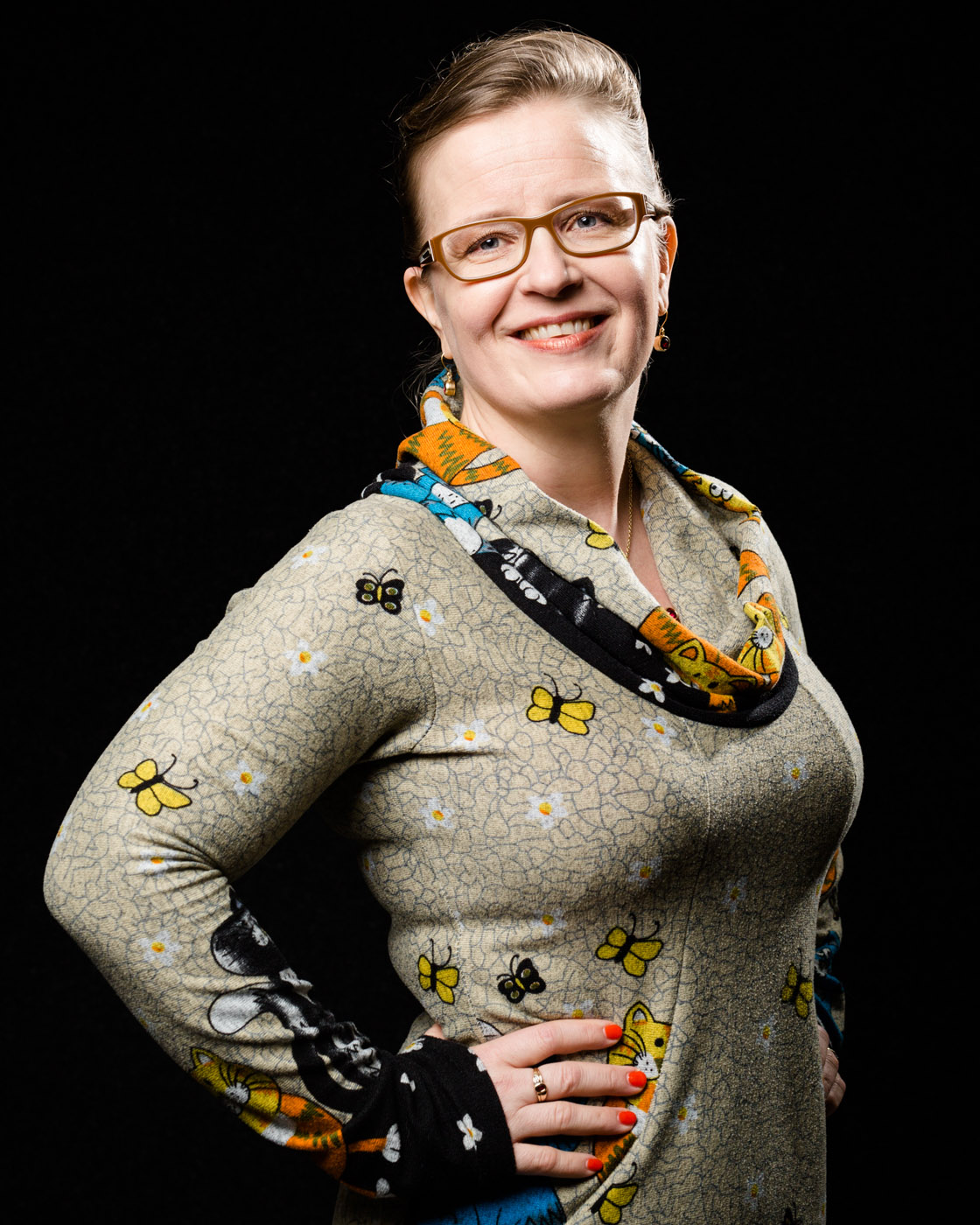
PUBLICATIONS